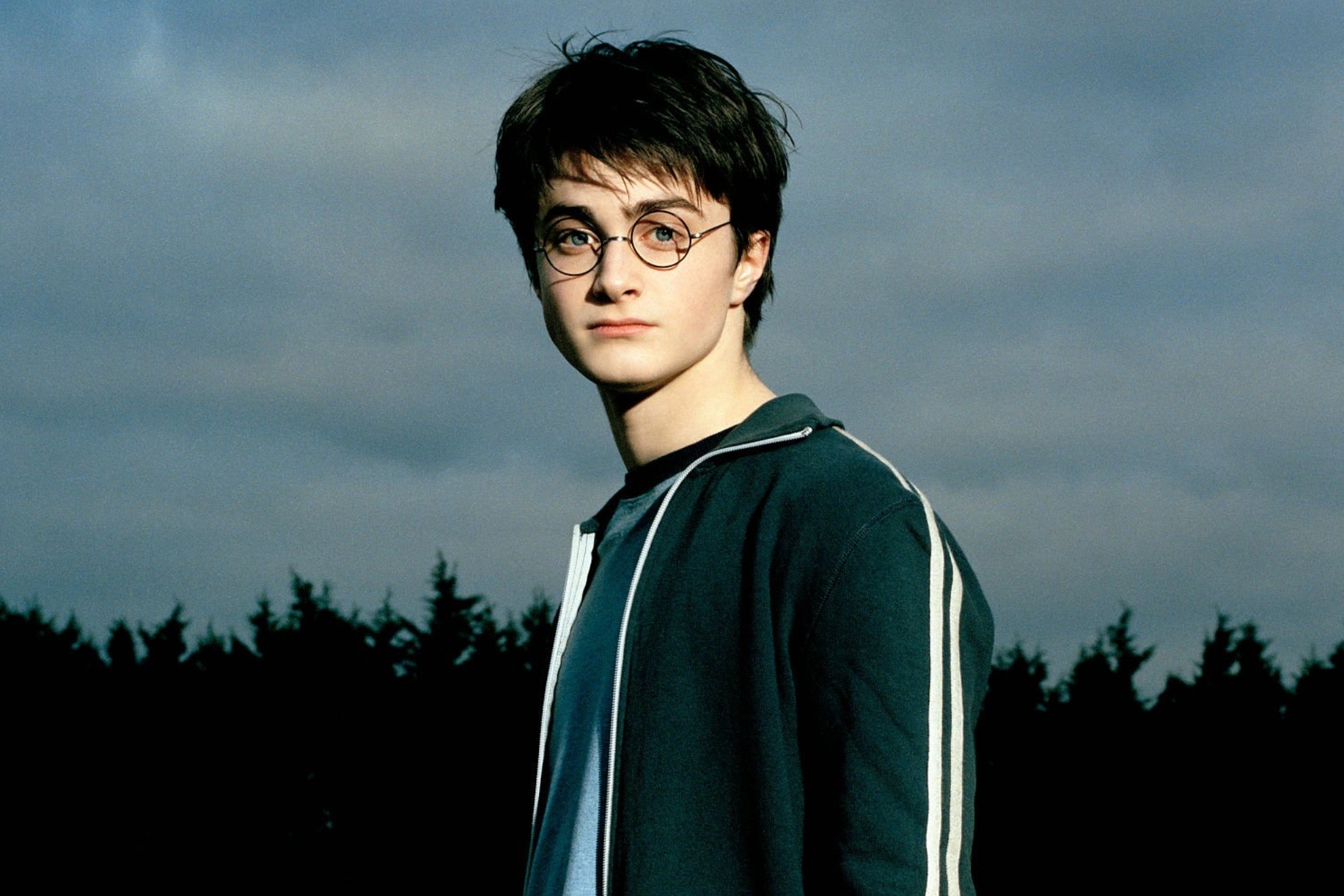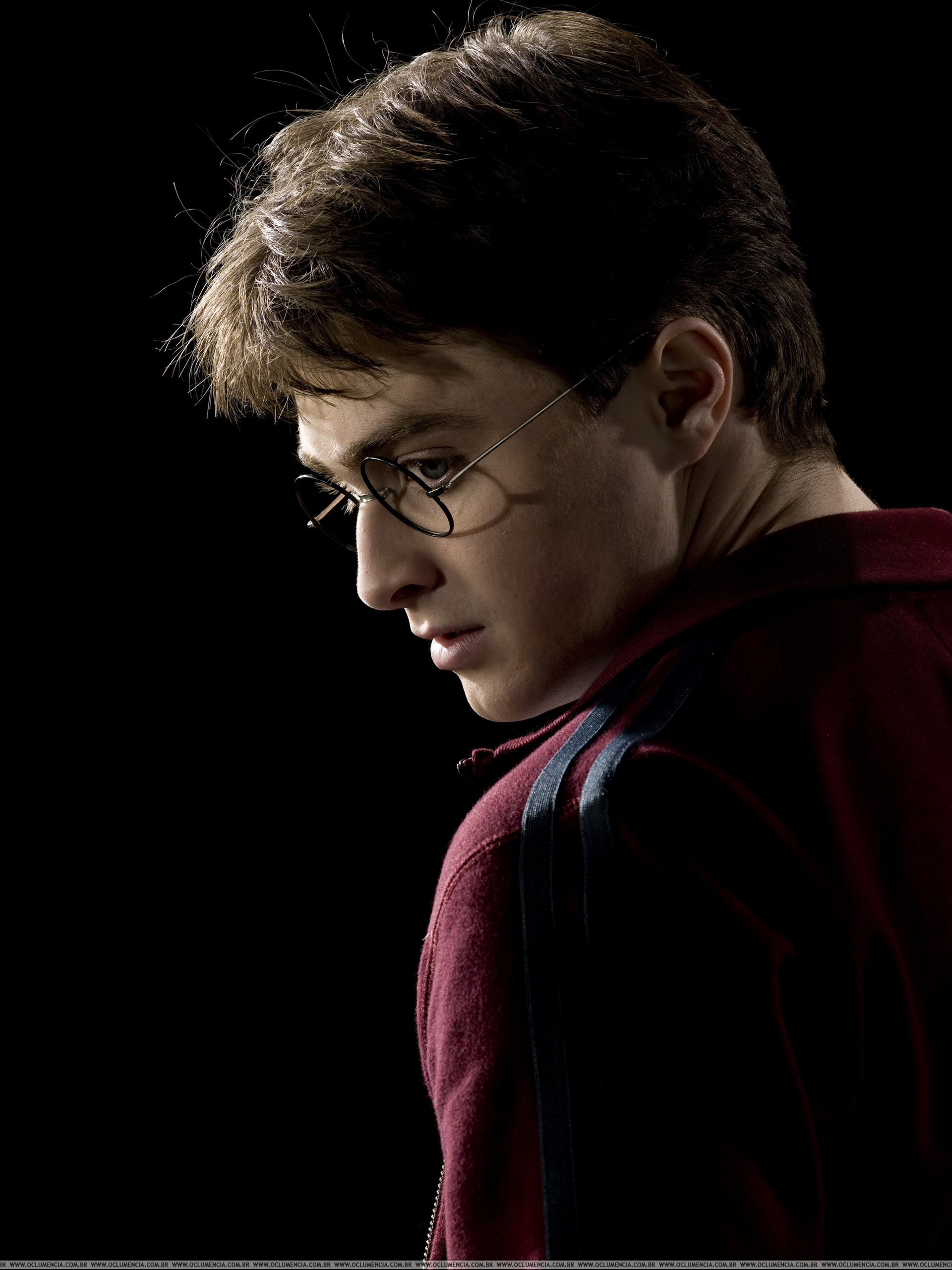Daniel Radcliffe's Complex Transition from Harry Potter to Indie Roles
Thesis Statement
Daniel Radcliffe's transition from the iconic role of Harry Potter to a diverse range of indie roles has been a multifaceted journey marked by both challenges and triumphs. This essay critically examines the complexities of his transition, delving into the evolving perceptions of his career, the barriers encountered, and the strategies employed to navigate the post-Potter landscape.
The Role of Harry Potter: A Double-Edged Sword
Radcliffe's casting as Harry Potter in the cinematic franchise that spanned a decade transformed him into a global phenomenon. The role not only catapulted him to stardom but also became synonymous with his identity. However, the association with such a prominent character also presented challenges in escaping its typecasting shadow.
Barriers and Skepticism: Overcoming Preconceptions
The industry initially perceived Radcliffe as inextricably linked to Harry Potter, leading to skepticism about his ability to succeed in different roles. Critics questioned whether he possessed the versatility and range to break free from the limitations imposed by the iconic character. This skepticism hindered his early post-Potter career, as casting directors and audiences struggled to see beyond his association with the boy wizard.
Diversification and Indie Exploration: Redefining Boundaries
Faced with industry preconceptions, Radcliffe embarked on a strategic path of diversification. He actively sought unconventional roles, embracing challenging characters and low-budget indie films where he could demonstrate his versatility. Films such as "December Boys," "The Woman in Black," and "Kill Your Darlings" showcased his talent and gradually broadened his cinematic horizons.
Critical Acclaim and Shifting Perceptions: Breaking the Typecast
Radcliffe's commitment to indie roles paid dividends as he received critical acclaim for his performances. His nuanced portrayal of Allen Ginsberg in "Kill Your Darlings" garnered widespread recognition, cementing his status as a serious actor capable of delivering complex and emotionally resonant characters. Gradually, the perception of Radcliffe as solely Harry Potter began to shift as audiences and critics witnessed the depth of his talent.
The Impact of Indies on Artistic Growth: A Creative Sanctuary
Indie films provided Radcliffe with an artistic sanctuary where he could experiment, push boundaries, and cultivate his craft. The lower budgets and creative freedom of indie productions allowed him to take risks and explore unconventional storytelling techniques. This artistic growth not only sharpened his acting skills but also contributed to his personal and professional evolution.
Navigating the Commercial and Indie Divide: Balancing Success
While Radcliffe embraced indie roles, he also maintained a presence in mainstream productions, balancing commercial success with artistic expression. Films such as "Now You See Me 2" and "Swiss Army Man" demonstrated his ability to navigate both commercial and indie projects successfully. This strategic approach allowed him to cater to a wider audience while still pursuing his artistic aspirations.
Conclusion
Daniel Radcliffe's transition from Harry Potter to indie roles has been a complex and nuanced journey marked by challenges, triumphs, and strategic choices. Through his diversification strategy, resilience in the face of skepticism, and commitment to indie exploration, Radcliffe has successfully redefined his career and cemented his place as a versatile and accomplished actor. His transition serves as an inspiration, showcasing the transformative power of embracing new challenges and breaking free from the limitations imposed by typecasting. As Radcliffe continues his cinematic evolution, his journey serves as a testament to the enduring power of artistic determination and the complexities of navigating the post-franchise landscape.
Chiefs-Texans Prediction: Know This About Patrick Mahomes' Ankle Before Making A Pick
Elizabeth Warren: An Advocate For Consumer Protection And Economic Reform
Mitsuo Iwata: The Former Politician Known For His Nationalist Views



